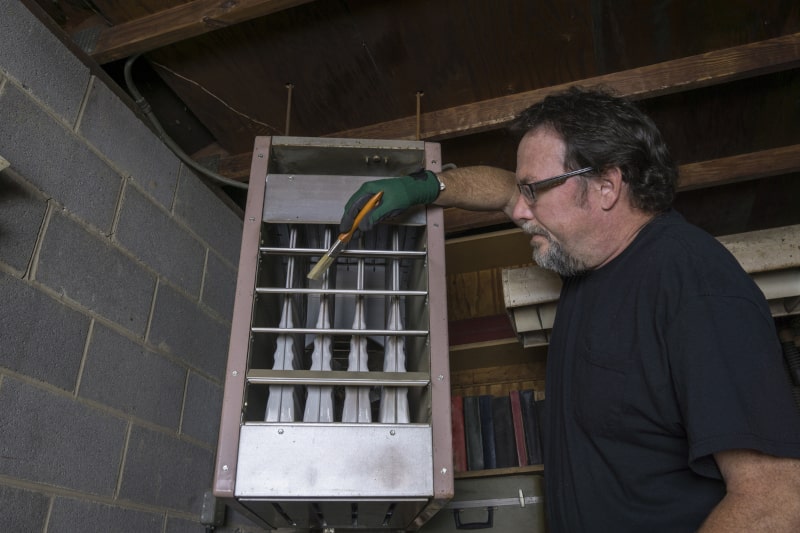To make it through the winter in Stafford, VA, you need a furnace that functions at the top of its game. To ensure this happens, you should understand the factors that affect furnace efficiency and how to influence them. Here are three things that can significantly impact the efficiency and performance of your furnace.
1. Dirty Filters
Many issues negatively impacting heating efficiency involve inadequate airflow, with dirty filters being the primary culprit. Fortunately, this is a problem that you have the power to avoid by remaining vigilant and checking your system. Change your heating system filter every 30 to 90 days to avoid clogging, especially if you have pets.
2. Age
As a rule, an older furnace is a less efficient furnace. This is true because newer heating systemd tend to become more efficient thanks to the advancement of technology. With proper maintenance on a regular schedule as well as occasional repairs, you should expect a gas heating system to last for about 15-20 years, while an electric one can function for as many as 20-30 years.
3. Ductwork Issues
Unless you have a ductless system, ductwork will be indispensable to making sure that the heat that your furnace generates can properly spread around your home. Any ductwork issues will, therefore, adversely affect its efficiency even if your furnace is functioning well. Common issues such as debris buildup impeding airflow, poor insulation and holes causing air leaks are examples that can compromise the performance of your system.
If you detect these or any other problems that might cause the efficiency of your furnace to drop, our team of trained HVAC technicians can bring things back on track. Call us at Ultimate Air, Inc. today and schedule heating repair services for your Stafford, VA home.
Image provided by iStock

